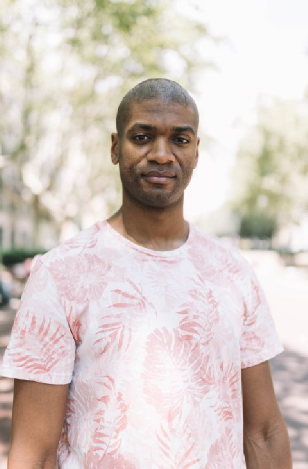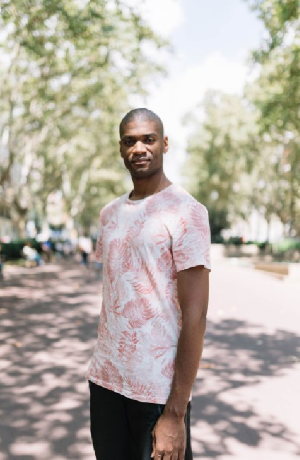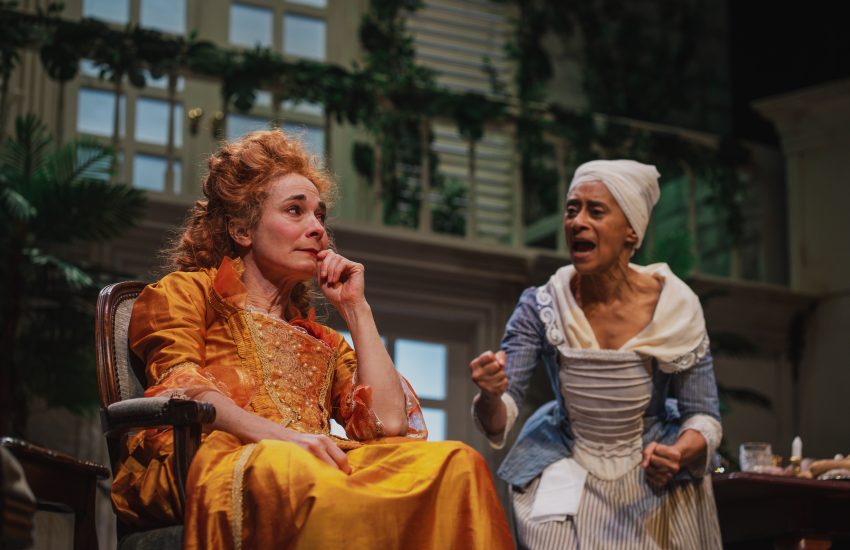National Identity, Citizenship, and Belonging: Afro-descendants in Spain and Catalonia – Eric
By Abena Wariebi
The third excerpt from interviews taken from a Master’s thesis carried out by Abena Wariebi at the Universitat Pompeu Fabra in Barcelona, Spain.
Entitled “National Identity, Citizenship, and Belonging: Afro-descendants in Spain and Catalonia”, the thesis is an investigation of black identities in Barcelona, specifically exploring what it means to be black and Spanish, or black and Catalan.
These interviews represent a small part of the black community in Barcelona. This thesis is in no way conclusive or overall encompassing. It does not represent the views or opinions of all Afro-descendants in Barcelona or Spain. Nevertheless, these accounts are powerful, enriching, and demonstrate the unquestionable solidarity that exists within the diaspora.
Name: Eric
Age: 32
Profession: Contract Worker, & Organiser: Black Barcelona Collective

Original text in bold.
English translation by Abena Wariebi.
“No me identifico como español, ni como catalán. Porque en varios aspectos, la sociedad y la estructura de poder institucional no reconoce mis derechos: El derecho a ser diverso…Me identifico como miembro de las comunidades africanas de mi ascendencia africana y en los totales como africano: Porque en ellas puedo ser y tengo derecho a ser.”
“I don’t identify as Spanish or Catalan because in various aspects, the society and the institutional power structures do not recognize my right: my right to be diverse…I identify as a member of the African communities of my African descent and ultimately as an African because in those groups I can be and I have the right to be.”
“A nivel institucional, por varios indicadores, ya sean públicos o privados, en las estadísticas oficiales y otros censos, tanto públicos como privados, me siguen clasificando como ‘inmigrante de segunda generación’. Yo no he emigrado de ninguna parte. He nacido en suelo español y mi cultura es catalana y española.”
“At the institutional level, through various indicators, public and private, in the official statistics and other census, public and private, they continue to classify me as a ‘second generation immigrant’. I did not immigrate from anywhere. I was born on Spanish ground and my culture is Catalan and Spanish.”
“No me siento español cuando sucede y sigue sucediendo a diario, los paros policiales a personas africanas o afrodescendientes y ‘afroespañolas’ en las calles. Eso es negar que una persona pueda ser ciudadana española de pleno derecho a pesar de tener rasgos ‘no-occidentales’.”
“I don’t feel Spanish when there are daily police stops of Africans, Afro-descendants and ‘Afro-Spanish’ people in the street. That is denying that a person can be a Spanish citizen in their own right, despite having characteristics that are ‘non-occidental’.”
Los hay tolerantes y que respetan mi identidad. Por otra parte, los hay que me perciben como un ‘fetiche’ o como algo ‘exótico.’ Muchas veces esto se debe por ignorancia de gente que no conoce otras realidades ajenas a lo español, lo occidental, lo ‘blanco’…”
“There are some who are tolerant and respect my identity. On the other hand, there are some who perceive me as a fetish or as something exotic. A lot of times that’s due to the ignorance of people who don’t know other realities apart from the Spanish, the Occidental, or the white…”
“En este país se pretende potenciar una sociedad homogénea donde mi singularidad queda en segundo plano. Desde cosas tan sutiles como los ” cánones de belleza ” hasta aspectos más profundos como la incompatibilidad de ser reconocido como español, debido a mi ascendencia. Mi ascendencia e identidad africana es minimizada u omitida a nivel individual, a nivel colectivo y a nivel histórico.”
“This country attempts to promote a homogeneous society where my singularity remains in the background. From things as subtle as the beauty standards, to aspects more deep such as the incompatibility to be recognized as Spanish given my descent. My descent and African identity is minimized or omitted at the individual level, the collective level, and the historical level.”
More on Eric and the Black Barcelona Collective here.



